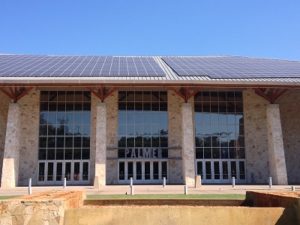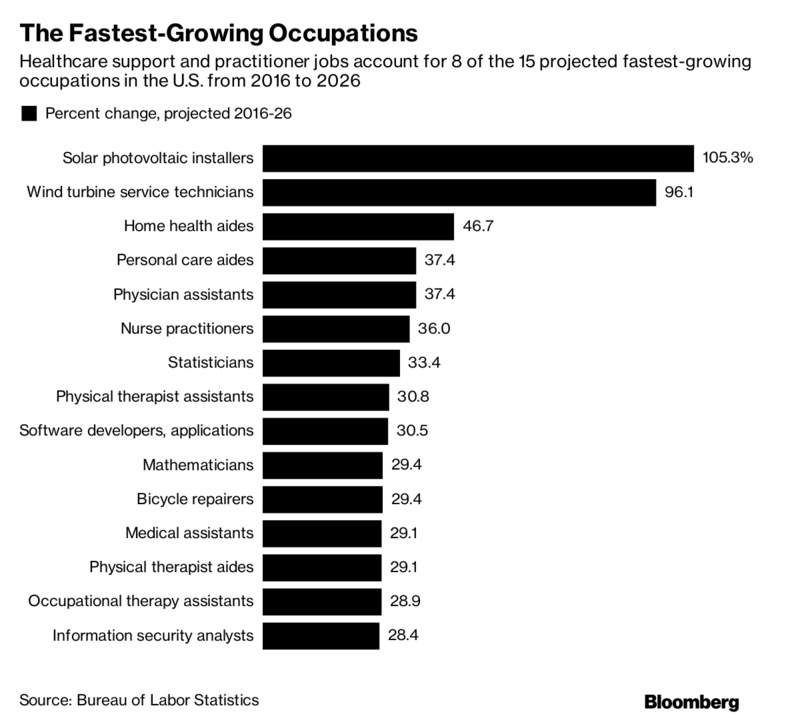
City owned Palmer Events Center features Austin’s first community solar project. This and individual home solar installations are spurring solar employment nationwide.
The Solar Foundation recently released the National Solar Jobs Census 2017, an annual survey of solar employment nationwide and by state.
Download the report now or view the infographic on key findings. There is a lot of information in the report, including:
- Solar jobs data by industry sector
- A new analysis on installer efficiency
- Solar workforce demographics
- Wages, hiring, and education data
- Profiles of solar employees
U.S. solar jobs declined 4 percent from 2017 as the industry scaled back installations, primarily because of changes in federal policies. Nevertheless, the U.S. solar industry, which has outpaced other industries in job creation, remains strong. Last year alone, the industry added 51,000 jobs, bringing the total number of Americans working in solar to more than 250,000 in all 50 states. The U.S. Department of Labor’s Bureau of Labor Statistics (BLS) has also released 2017 data that puts the industry’s rapid growth into perspective and says the solar installer will be the fastest-growing job in America over the next decade. As the U.S. economy adds a projected 11.5 million jobs over the next decade, solar installer jobs will grow by 105 percent — more than any other occupation. (Note that The Solar Foundation’s Solar Jobs Census places any employee of an installer company in the “installer” category while the BLS considers just those physically getting on roofs to install panels.) Solar is truly an American success story and will continue if the government leaves the market alone.
The solar industry is already adding jobs 17 times faster than the rest of the nation’s economy, and as the U.S. Solar Market Insight report has said, the industry is expected to triple in size by 2022. But this won’t happen if the government blocks the solar job wave by messing with the market through the pending Section 201 trade case. The case threatens to raise the cost of solar and cause tens of thousands of Americans in solar to lose their jobs.
As you can see in the Bloomberg chart above, wind turbine technician jobs followed closely at No. 2, showing that clean energy jobs are driving the U.S. economy forward. We should keep an eye on the impacts of new trade agreements and tariffs on these booming industries.



